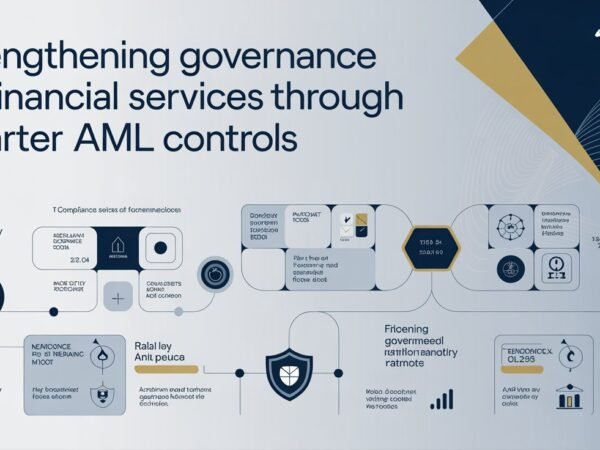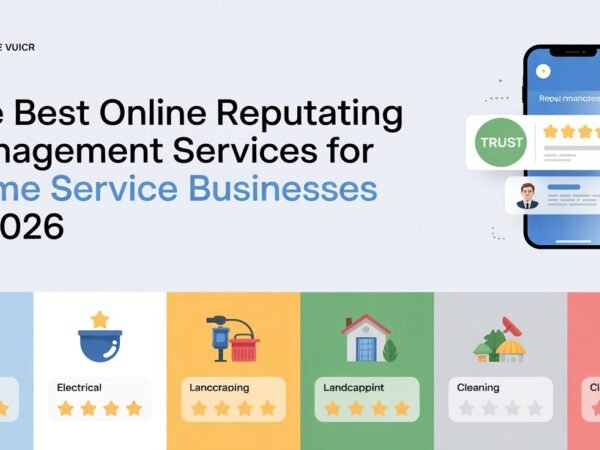Startup founders are nothing if not enthusiastic. They see opportunities and concepts others do not and are eager to turn them from pipe dreams into a beneficial reality. Yet, many can go wrong in pursuing these dreams, as evidenced by the all-too-familiar startup failure rate.
Here are five damning mistakes to be wary of and how to avoid them.
Not Having a Business Plan
As many startups discover, an innovative product isn’t enough to secure your business’s future. A business plan helps ground your ideas in the market’s demands. Thorough business plans examine diverse scenarios and offer tangible solutions for how your startup plans to handle them.
For example, investors will be far more likely to back a company whose business plan features feasible growth projections, accounts for the competition, and considers challenges like seasonal lulls. Doing this research forces founders to sit down, think things through, and ensure their startup doesn’t peter out with the end of fleeting trends.
Not Doing Market Research
Another mistake starry-eyed and trend-chasing founders are prone to is assuming that merely creating their product will be enough to attract customers. In reality, no one may want to buy what you’re selling. The field may also be saturated by competitors who’ve been at it longer and have more to offer.
Conducting market research is essential. This includes identifying a need for your solution, finding and profiling a target audience, and genuinely understanding their issues. Doing so will help you refine your products from cool-sounding concepts to indispensable tools that solve real-life problems.
Poor Money Management
Conviction and optimism are necessary for success in the uncertain startup world. However, they can also endanger your business’s solvency. Not having a firm grasp on cash flow results in running out of funding too soon or recklessly spending on resources or new hires before it’s wise to do so.
Solve this by creating and sticking to a budget, revising it as the business scales and its needs change. It’s also essential to maintain a long-term perspective. Initial successes may dry up, so maintaining a healthy cash reserve and always looking for new investors will help soften the blow when lean months come around.
Neglecting Cybersecurity
Startups are among the most tech-focused businesses, and many rely heavily on digital tools for everything from product development to sales. Neglecting to secure networks, systems, tools, and personnel against increasingly complex cyber threats risks exposing the business’s intellectual property and collected user information. This leads to severe financial and reputational loss that a fledgling business may not recover from.
Taking precautions is crucial and sensible without straining even meager startup budgets. For example, everyone should use strong and unique passwords for all their business-related accounts. Likewise, all WFH employees should use, preferably, a no-log VPN for businesses when accessing company resources remotely to encrypt and secure communication while protecting privacy.
Successful startup founders often become public figures. Cybercriminals use this to dig up any available information on them. If enough of this information exists, they may use it to run spear phishing or slander campaigns in hopes of financial gains or access to valuable internal systems.
In this case, individual actions have a limited effect, but a reputable data removal service may help. They specialize in taking down old, incorrect, and excessive data by targeting the brokers that collect and disseminate it. Engaging the best data removal service available will help ensure compliance and protect sensitive business information.
Lacking a Hiring Policy
Many early startup problems arise from poor hiring practices. Founders may lack the funds to expand their teams or refuse to relinquish control of parts of the business. Leadership may also have conflicting visions for the startup’s future and diverging hiring priorities.
Establishing a hiring policy early on will significantly impact the startup’s sustainability. It ensures new hires have expertise while fitting seamlessly into the company culture. It demonstrates compliance with hiring laws and best practices while establishing a framework that improves new hire experiences through transparent selection and effective onboarding.
Do Read: How Small Businesses Can Compete With Big Brands Using SEO: Smart Strategies for Lasting Success













